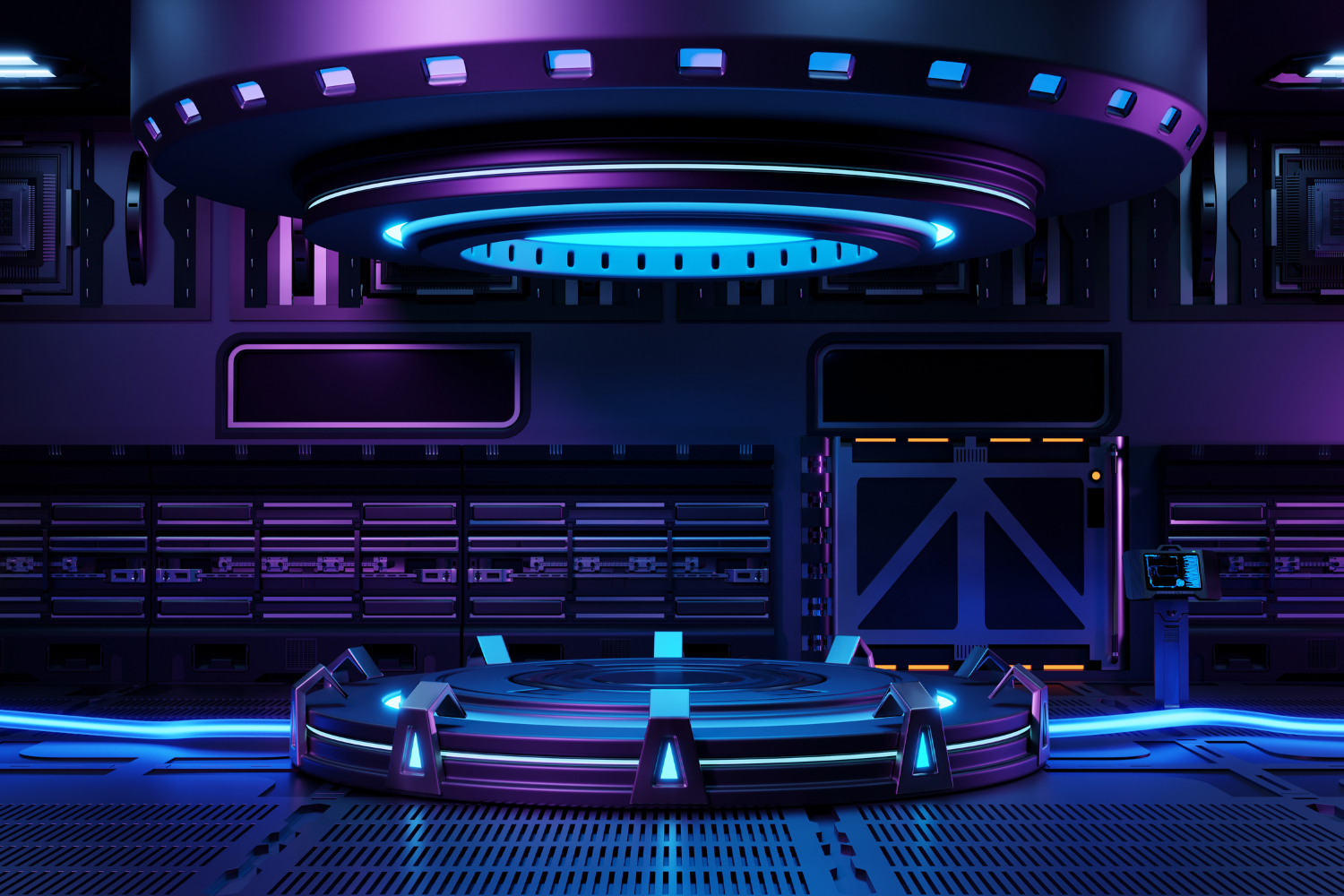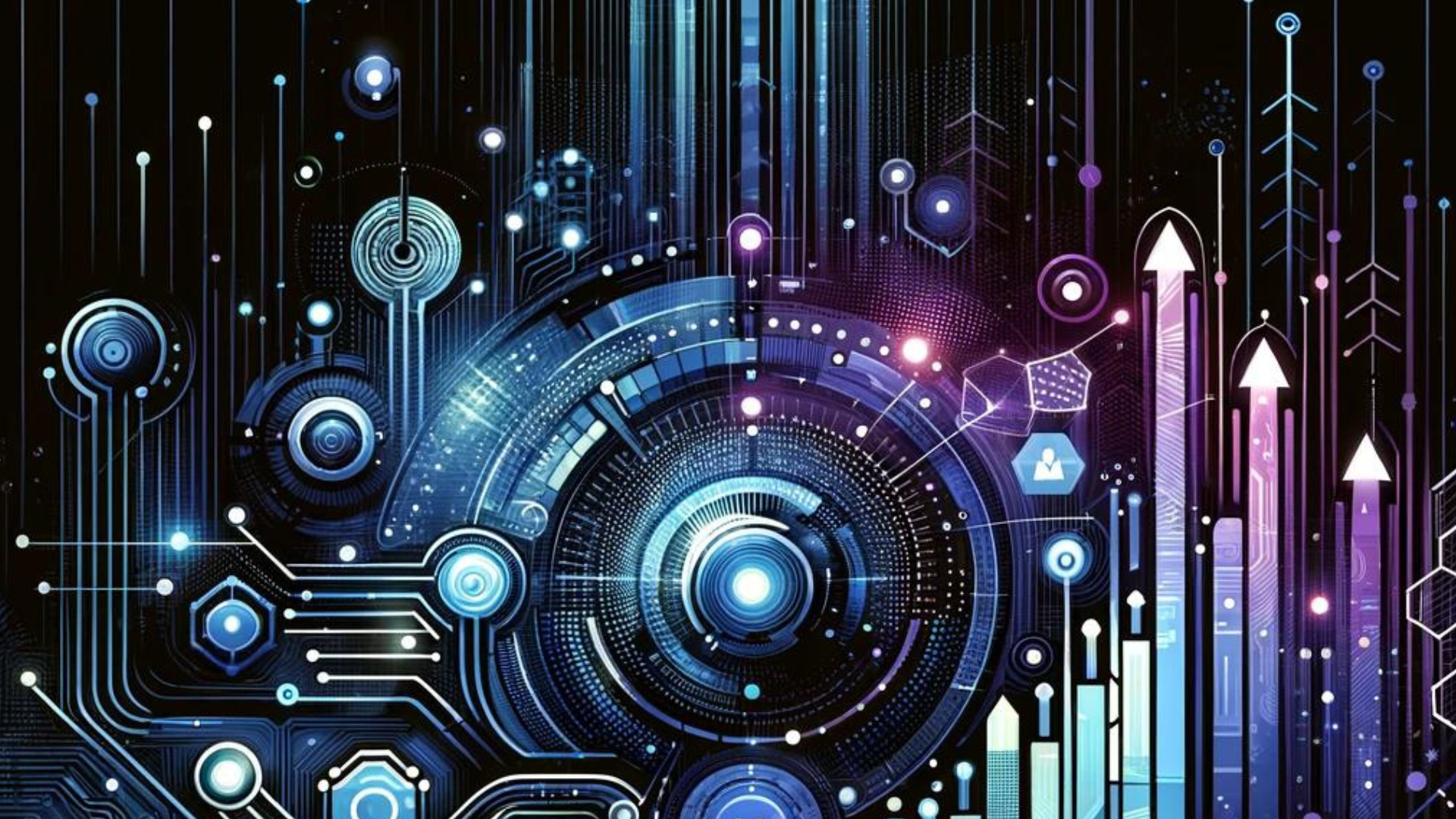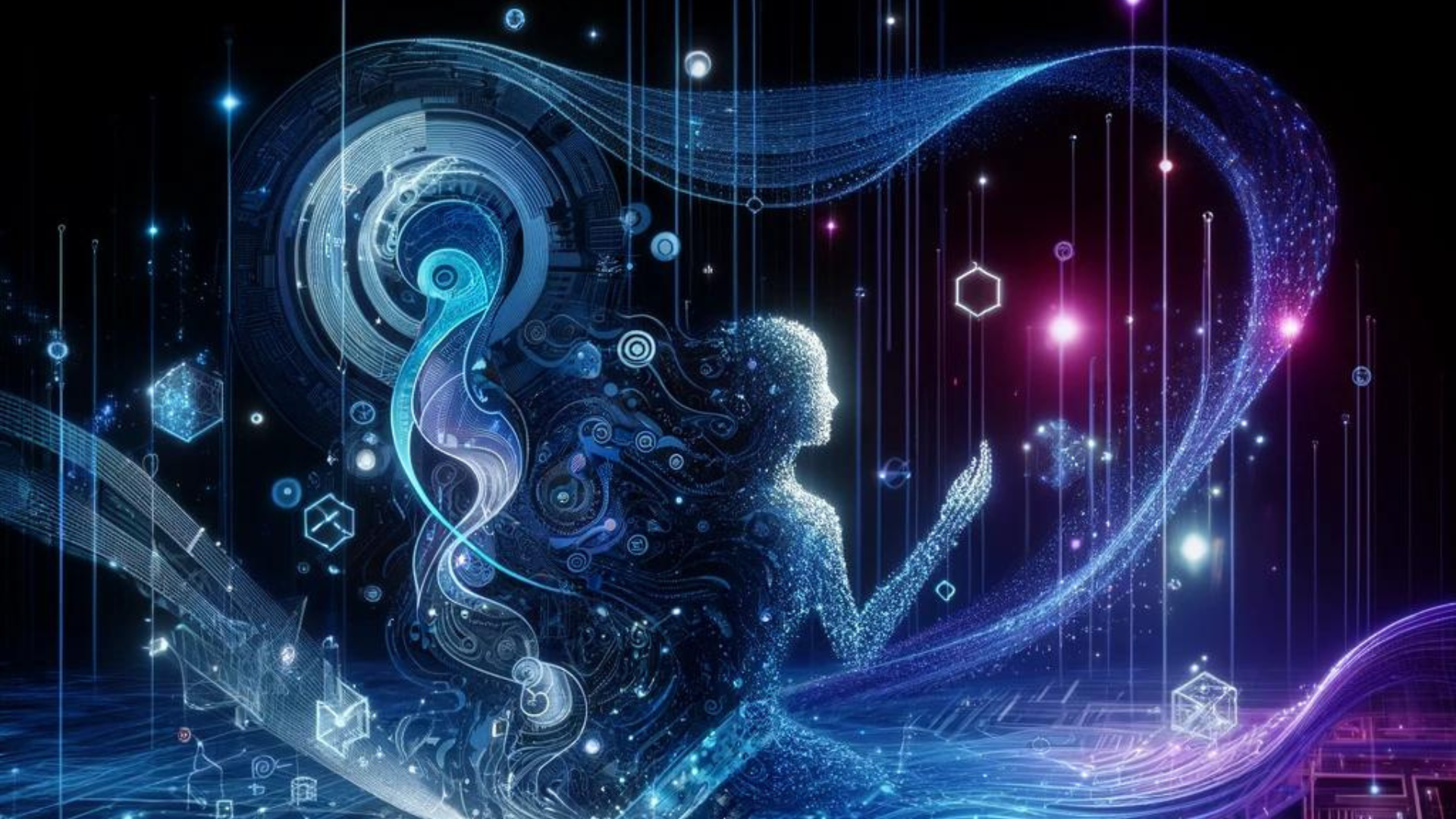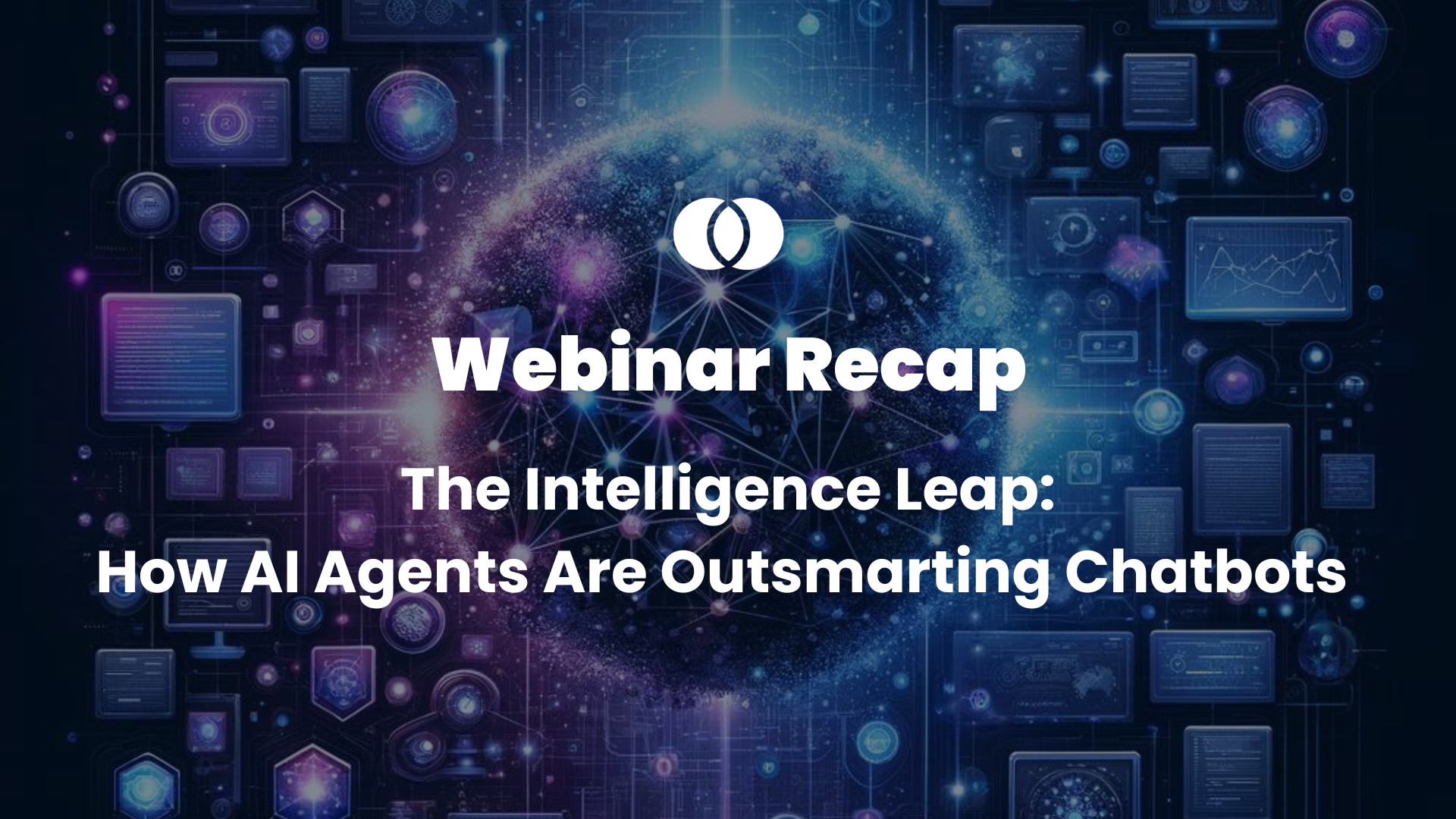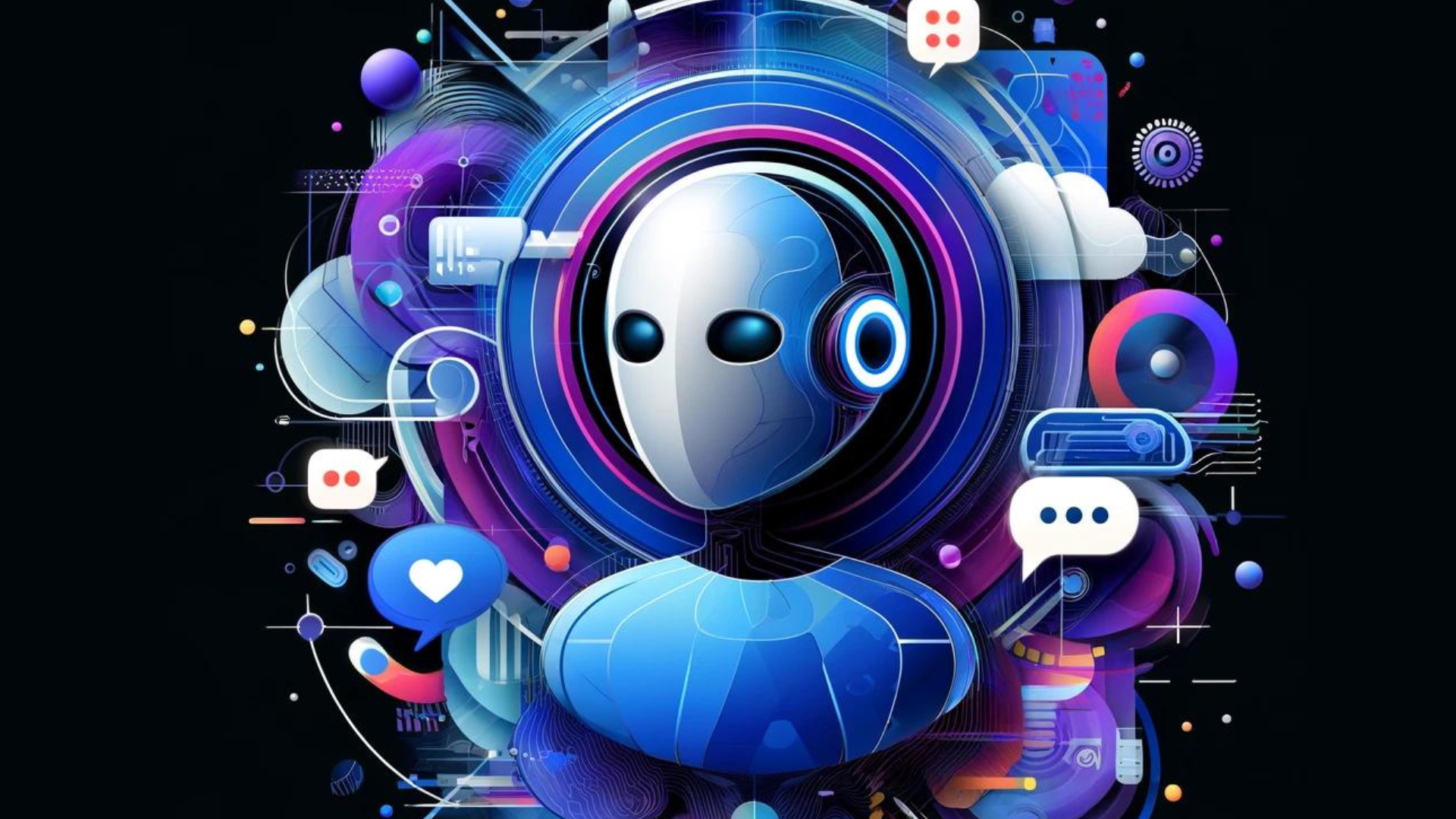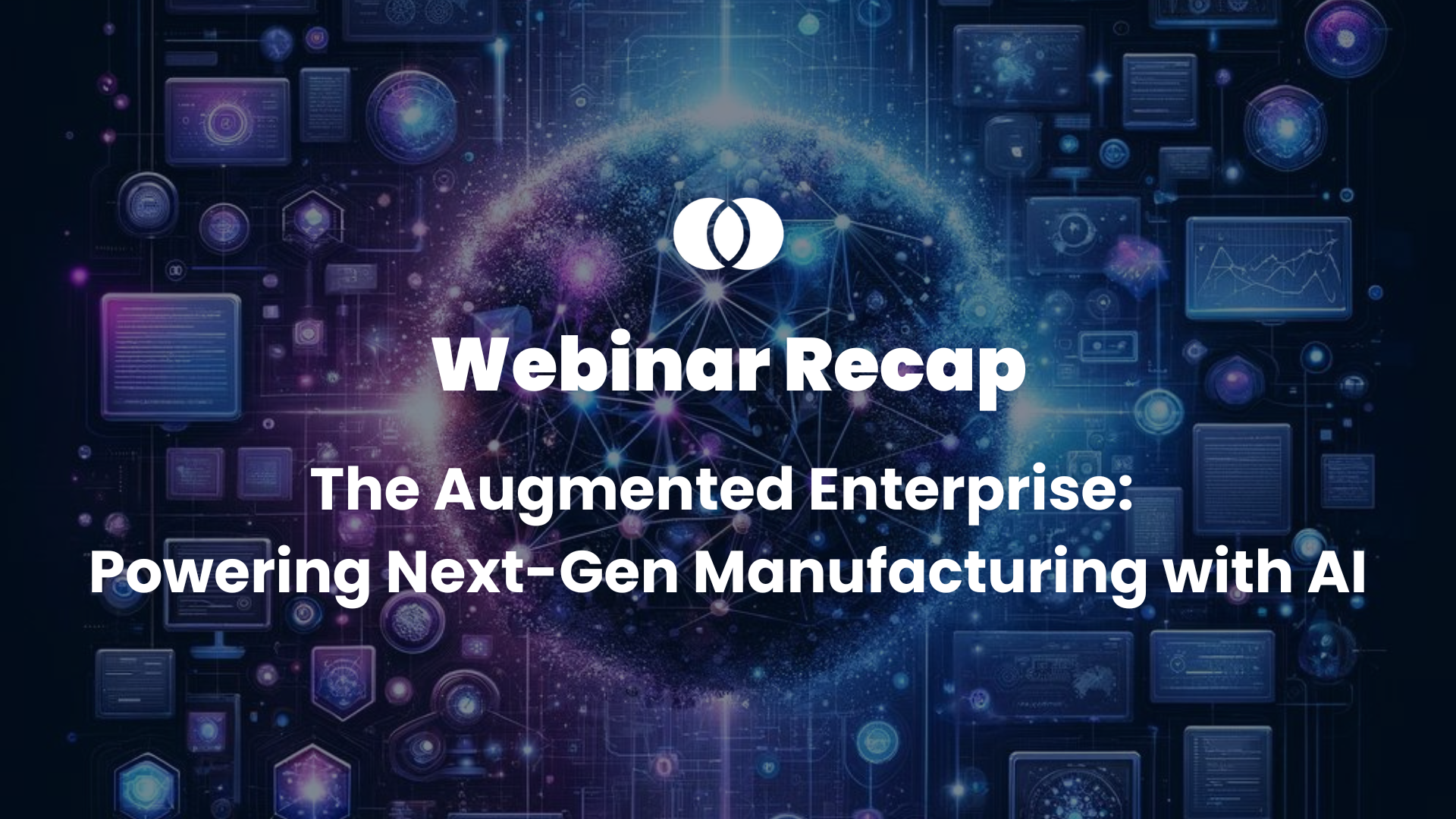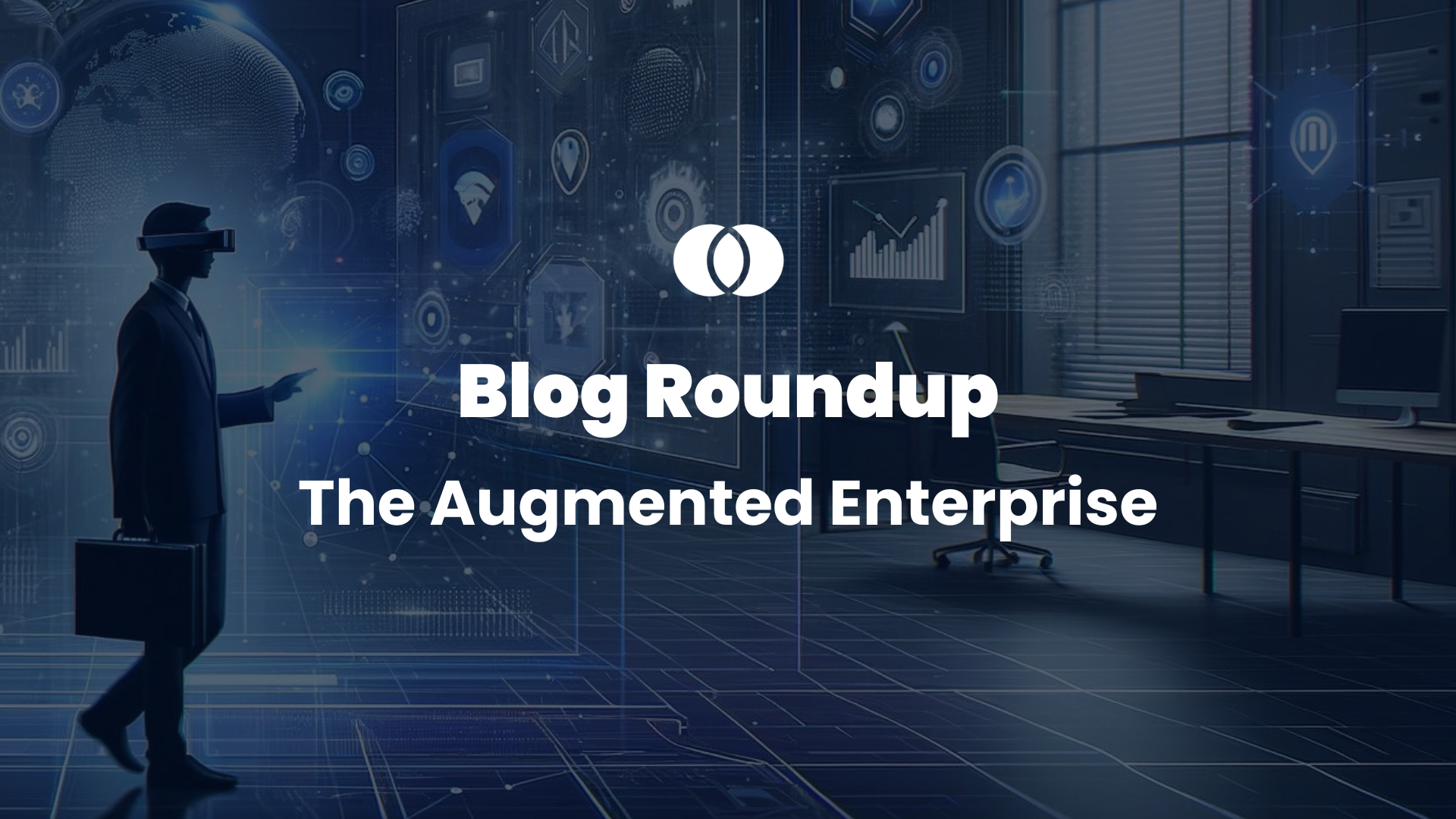DAOs In The Metaverse: What They Are And Why They Matter
The metaverse is gradually reaching mainstream awareness, and more and more people want to learn about it to understand why it’s slated to become the next iteration of the internet.
Those who enter the term “metaverse” in Google Search are guaranteed to find many articles about Meta’s metaverse investments and projects, all of which share one goal: to help Mark Zuckerberg’s company establish itself as the leader in this emerging space. One may dig a bit deeper and find additional information regarding other well-funded publicly traded projects like NVIDA’s Omniverse, which is competing for a similar market share.
But centralized projects like Meta’s Horizon Worlds that rely on an authoritarian leadership style don’t really represent what the metaverse is all about: the democratization of the internet. More representative metaverse projects are typically governed by Decentralized Autonomous Organizations [DAOs].
What is the Metaverse: Where We Are & Where We’re Headed >>
The Foundation Of The Metaverse: Centralization Versus Decentralization >>
NFTs: Providing Utility Beyond Digital Collectibles >>
Past, Present, Future: How User-Generated Content Will Ignite The Metaverse >>
What are decentralized autonomous organizations (DAOs)?
The metaverse has several defining properties that separate it from the internet as it’s known today.
“The metaverse is a massively scaled and interoperable network of real-time rendered 3D virtual worlds which can be experienced synchronously and persistently by an effectively unlimited number of users with an individual sense of presence, and with continuity of data, such as identity, history, entitlements, objects, communications, and payments.”
Matthew Ball, Venture capitalist
Perhaps the most important property of the metaverse is its decentralization. Just like the cryptocurrencies Bitcoin, Ethereum and EverGrow don’t depend on any central authority to authorize transactions, the real-time rendered 3D virtual worlds that make up various metaverses can evolve organically because their own users govern them.
Arguably, the most prominent example of this is Decentraland. Decentraland is a virtual world based on the Ethereum blockchain that allows those who inhabit it to control the policies that determine how the world behaves through its DAO. In practice, the community can propose a policy update, and the approval or rejection of the update is determined by voting that takes place on the Decentraland DAO’s governance interface.
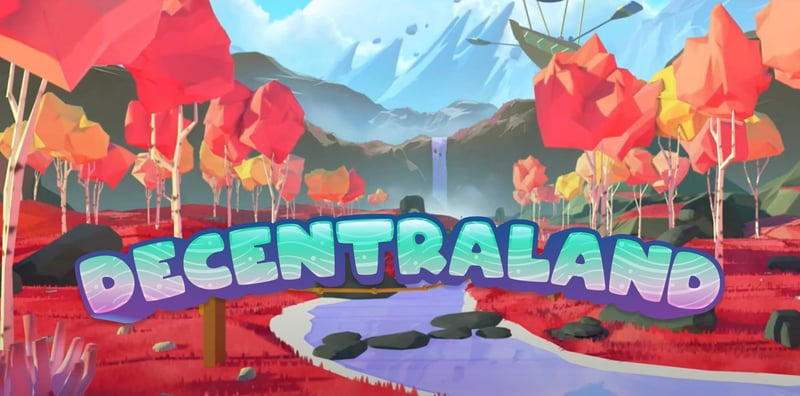
Smart contracts then autonomously execute the agreed-upon rules and regulations, which form the foundation of every DAO. Because smart contracts are a feature of blockchain technology, they inherit all of its desirable qualities such as immutability, which ensure that no modifications to how a DAO operates can be implemented unless the members of the DAO vote to do so.
DAO basics:
- A group of individuals writes the smart contracts (solidity programs) that will run the organization
- During an initial funding period, whereby individual contributors add funds to the DAO via token purchases that represent ownership – this is called a crowdsale, pre-sale, or an initial coin offering (ICO) – to provide the DAO with the resources required to continue its mission
- As the funding period concludes, the DAO begins to operate
- Individuals can then make proposals to the DAO on how to spend the money, establish rules, and other operational functions of the project. The individual members who have tokens can then vote (weighted proportionately to their purchased tokens) to approve or deny submitted proposals
Understanding the importance of DAOs in the metaverse
Yesterday’s virtual worlds were controlled and owned by a small group of people: their developers. As such, they perfectly represent Web 2.0, which is characterized by the emergence of user-generated content stored in a centralized manner on a server owned by the platform owners.
But despite companies like Meta, most metaverse builders and innovators believe that users themselves should control and own the content they create. This approach to content ownership is the key property of Web 3.0, an idea for a decentralized internet based on public blockchains.
Thanks to blockchain technology, metaverse users can own pieces of the virtual worlds they help create without a central authority, but ownership is just one part of the puzzle. The other part controls. That’s where DAOs come in—allowing all stakeholders to influence their metaverse worlds of choice proportionally to their involvement.
When communities are owned and controlled by their actual users, they can organically evolve to meet needs as best as possible, instead of evolving based on what a small group of founders thinks is best for everyone.
What’s more, DAOs don’t have to revolve only around virtual worlds—exactly like traditional organizations are formed for all kinds of purposes. Last year, a DAO called ConstitutionDAO was formed to purchase an original copy of the United States Constitution. The project successfully raised $47 million, but ultimately didn’t have enough money to purchase, protect, insure, and move the artifact.
Web2 + Web3 = Web5
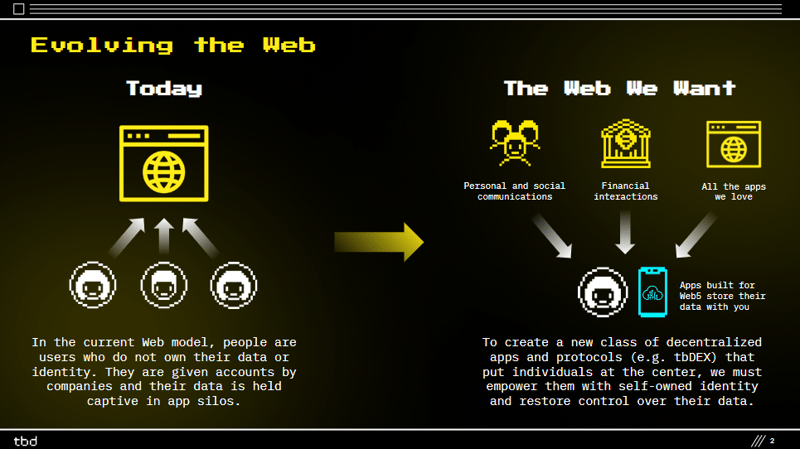
Recent news on Jack Dorsey’s (Twitter co-founder) Web5 also brings into question governance and data ownership within various metaverses. Web5 defines itself as “A Decentralized Web Platform that enables developers to leverage Decentralized Identifiers, Verifiable Credentials, and Decentralized Web Nodes to write Decentralized Web Apps, returning ownership and control over identity and data to individuals.”
Dorsey and others in the industry are drawing attention to single points of control and failure for the next generation of internet technologies. The Web5 concept points to the growing interest and need for DAOs to enable a truly decentralized series of metaverse-focused solutions.
The dark side of DAOs
Even though the metaverse is still in its infancy, there are already multiple successful DAOs. Examples include the aforementioned Decentraland DAO, MakerDAO (enables the generation of Dai, the world’s first unbiased currency and leading decentralized stablecoin), or Uniswap (decentralized crypto exchange for anonymous investments).
However, there are also examples of the dark side of DAOs. These examples highlight the shortcomings of decentralized organizations whose rules are encoded and enforced by computer code and not real human beings.
The most notable example happened in 2016. A decentralized autonomous organization called The DAO (German team behind Slock.it) had around $60 million worth of a cryptocurrency called ether (ETH) stolen after an attacker successfully exploited a number of security vulnerabilities in its smart contract code. The cryptocurrency theft eventually resulted in a hard fork of the Ethereum blockchain which restored about $52 million to investors, a move that sent shockwaves through the entire cryptocurrency world.
The good news is that catastrophic events like The DAO hack can be prevented by giving smart contract security the priority it deserves by leveraging reputable smart contract audit/validation services.
Conclusion
The metaverse is a new iteration of the internet, and one of the main things that separate it from the internet as we know it today is decentralization. For the metaverse to be truly decentralized, its users must have both ownership and control of the virtual worlds they help create and decentralized autonomous organizations (DAOs) make this possible by encoding rules as smart contracts on the blockchain. While not without their shortcomings, DAOs are gradually establishing themselves as essential pillars of the metaverse.
